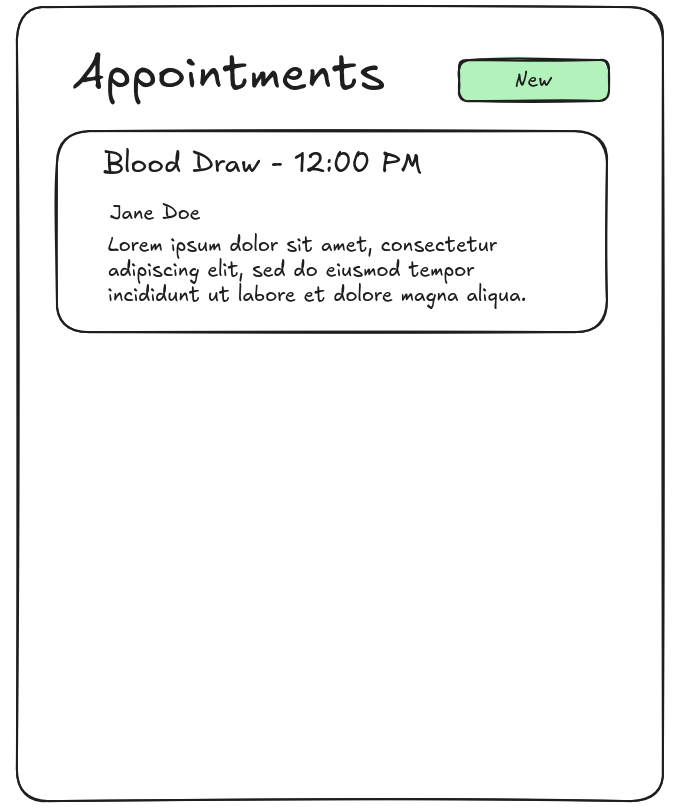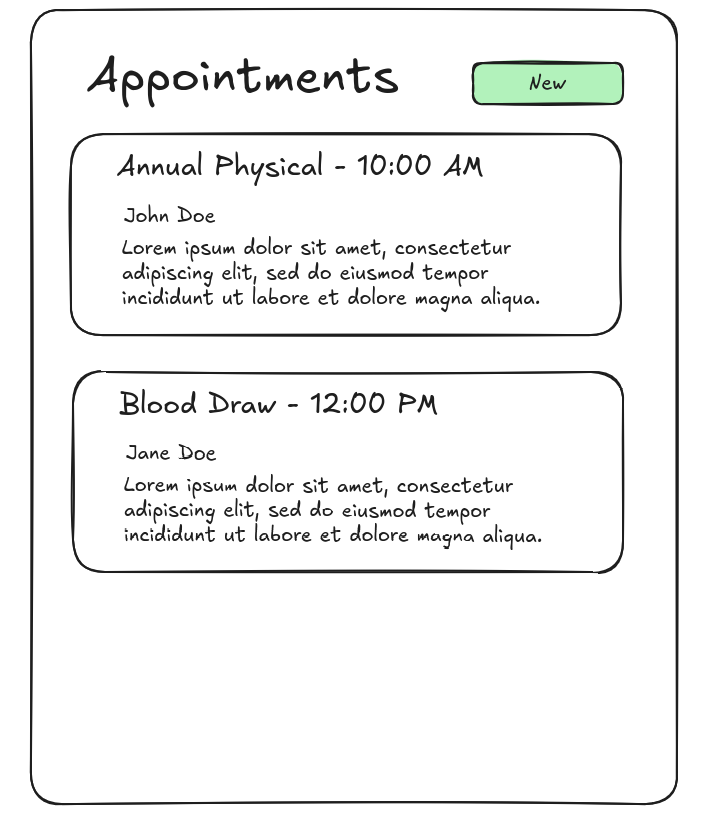Table of Contents
Deflaking System Specs by Migrating from Selenium to Playwright
The post is mainly targeted towards Ruby developers that write system specs and have issues with non-determinism. I recently worked on porting several Rails codebases from Selenium to Playwright backed tests and saw massive increases in consistency of tests.
Below is a graph show the flake rate (percentage of CI runs that got reran without code changes and passed) for one of our larger test suites over the last year. February was the month were we made the swap and you can see the massive improvement in stability.

Want something similar? Read on! Any maybe you will be convinced that migrating it worth a shot.
How to install it?
Currently, the best resource I have found is this post by Justin Searls. However, that post mainly covers the happy path of the migration. In this post I cover some of the issues you may run into with apps using React, Turbo or Stimulus in more depth.
Add Playwright to your Gemfile
gem "capybara-playwright-driver"
Add playwright installation to your bin scripts
This will keep the Playwright installation via yarn in sync with the version the gem requires.
# bin/setup
require 'playwright'
playwright_version = Playwright::COMPATIBLE_PLAYWRIGHT_VERSION.strip
# other stuff...
system! "yarn add -D playwright@#{playwright_version}"
system! "yarn run playwright install"
Maybe you do this differently, but what matters is that the capybara-playwright-driver provides a variable Playwright::COMPATIBLE_PLAYWRIGHT_VERSION to inform you of the appropriate version of Playwright to install.
Set up the playwright driver
Capybara.register_driver(:playwright) do |app|
Capybara::Playwright::Driver.new(
app,
headless: true,
)
end
RSpec.configure do |config|
config.before(:each, type: :system) do
driven_by :playwright
end
end
Add the dependencies to your CI
We run everything in Docker thus it was a one liner.
yarn run playwright install --with-deps chromium-headless
Congrats! You now have Playwright set up. Before we discuss the various breaking changes a quick aside.
An Aside on Faster Tests
Skip if
You don’t write system specs, don’t write flaky ones or don’t need a refresher.
Playwright tests are faster, thus, some expectations that would would pass due to system specs running slowly no longer pass.
Lets look at an example. You have a page with cards on it that represent appointments.

Pressing new pops open a modal that allows you to schedule a new appointment.

You want to test that the cards appear in the right order: first appointment of the day to last. (Lets suspend disbelief about whether or not this requires a system spec.)
So you write the following test:
header = find('.card__title', match: :first)
expect(header.text).to eq('Blood Draw')
click_on "New"
fill_in_appointment(appointment) # imagine the helper exists
click_on "Submit"
header = find('.card__title', match: :first)
expect(header.text).to eq('Annual Physical Draw')
So whats the issue? You are checking the title of the first card each time, looks fine right?
This code can have race conditions. When you run a system specs you are in essence running 3 different processes: the server serving your app under test, the code doing the testing and the Javascript on the page.
The Javascript on the page is what can cause you the most trouble. If the expectations that the test is making get ahead of where the Javascript is at you get failures. They are flaky because sometimes the Javascript will keep pace and sometime it won’t.
Lets first look at the happy path of the code execution:
# page loads
header = find('.card__title', match: :first)
expect(header.text).to eq('Blood Draw') # this is found
click_on "New"
fill_in_appointment(appointment)
click_on "Submit"
# page loads
header = find('.card__title', match: :first) # element found (10 AM Card)
expect(header.text).to eq('Annual Physical Draw') # passes
But consider the situation where the cards are added via Javascript, be that React or maybe a TurboStream. This order might look different.
# page loads
header = find('.card__title', match: :first)
expect(header.text).to eq('Blood Draw') # this is found
click_on "New"
fill_in_appointment(appointment)
click_on "Submit"
# page is still loading
header = find('.card__title', match: :first) # element found (12 PM Card)
expect(header.text).to eq('Annual Physical Draw') # fails
# page is done loading
This time the Javascript on the page took longer while the test raced ahead, it found the header before the second card got added. This is how find works, if there is a matching element it will immediately find it. This element had the wrong text so the test failed.
What can we do? We want to combine the locator find('.card__title) with the assertion text eq "Some Title". This can be done with have_ selectors in Capybara:
expect(page).to have_css('.card__title', text: 'Some Title')
This expectation will continuously check the page for an element matching the CSS and text until it hits a timeout. This means that it won’t fail the first time it doesn’t find the element unlike the earlier example.
Now that you have gotten a quick refresh on system specs lets look at the playwright specific issues you may run into.
Fixing Your Tests
This section is not very thorough
This section mainly contains the surface level differences for more advanced differences see this post.
Date Inputs
All inputs must be in ISO-8601 format (YYYY-MM-DD)
-fill_in("Date", with: "03/03/2005")
+fill_in("Date", with: "2005-03-03")
-fill_in("Time", with: "8PM")
+fill_in("Time", with: "20:00")
Playwright will not find text in disabled fields
In selenium specs have_text will match text that is present in fields that are disabled, Playwright will not.
-expect(page).to have_text('Some comments here')
+expect(page).to have_field("Comments", with: 'Some comments here', disabled: true)
Playwright will not Click on Disabled Elements
Playwright doesn’t not allow interaction with disabled elements. If a button or a link is disabled and you interact with it Playwright will throw an error.
accept_confirm, dismiss_confirm, accept_alert, dismiss_alert will not work unless passed blocks
-click 'Some Link'
-accept_confirm
+accept_confirm do
+ click 'Some Link'
+end
Playwright treats XPATH // differently
An xpath starting with // should match anything across the whole document. In Playwright it remains scoped to whatever block you are in.
For example:
within "section" do
expect(page).to have_xpath("//something")
end
This should match parts of the page outside section but in Playwright it won’t. Use page.document to fix this.
# bad
within "section" do
page.find(:xpath, '//span')
end
# fixed
within "section" do
page.document.find(:xpath, '//span')
end
Native Interaction Syntax
There are some syntax differences if you want to interact more directly with elements:
# Native Sending Key Presses
-find_field(selector).native.send_keys(:delete)
+find_field(selector).native.press("Delete")
# Accessing Windows
-page.driver.browser.window_handles
+windows
# Switching Windows
-page.driver.browser.switch_to.window(window)
+switch_to_window(window)
That covers the majority of the surface level differences you may run into. But the question still exists “Is this worth it for me?”
Is It Worth It?
It depends. I hate giving that answer but there is not other way about it.
Playwright has done wonders for the stability of our test suite. I helped move several applications over. Some of the migrations took hours, some took weeks. Some migrations cut the time of the test suite in half. Others had no impact.
If you have flaky system specs then Playwright is worth a shot but I would not switch to Playwright just for the fun of it.
Every decision has trade-offs, in our case we were wasting hours of developer time on reruns. Making the transition was a no-brainer.